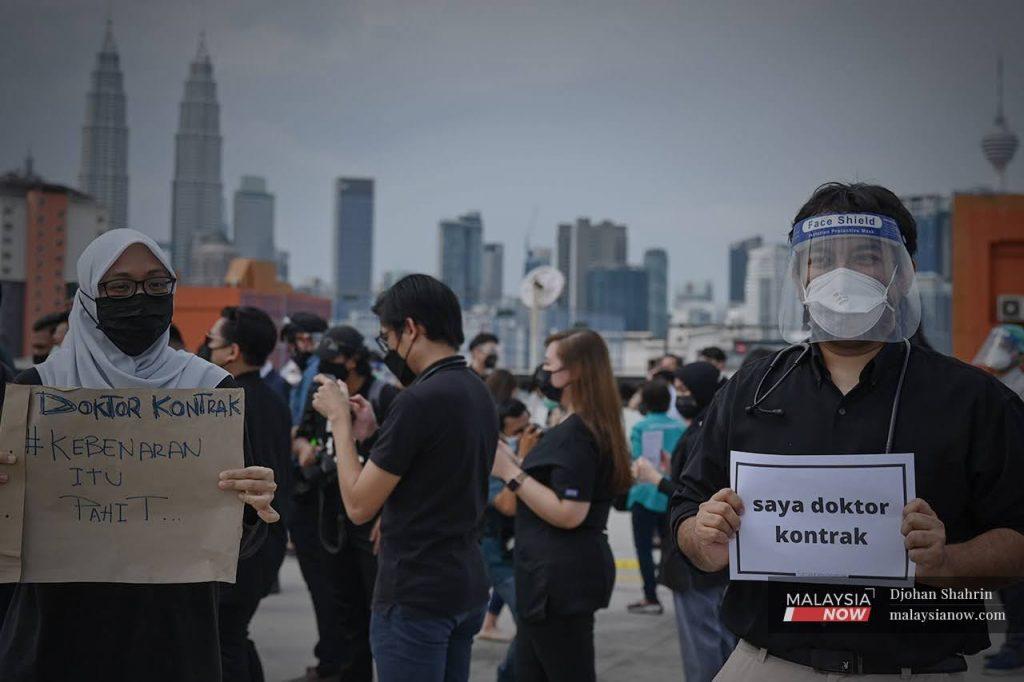Think tank pans ‘yet another’ blueprint for healthcare reforms
Galen says a number of key areas appear to have been overlooked while questioning the need for more studies and the establishment of an institute of infectious diseases.
Just In
Think tank Galen Centre for Health And Social Policy has called for a review of the strategies outlined for the enhancement of healthcare service delivery under the 12th Malaysia Plan (12MP), saying a number of key areas are lacking in substance or missing all together from the government’s economic plan for the next five years.
Calling the health component of the 12MP “underwhelming”, Galen chief executive Azrul Mohd Khalib said a review of the plans would help transform the country’s health system into a “future-proof” scheme able to meet the challenges of an ongoing crisis of non-communicable diseases (NCDs), an ageing population, and demands for better healthcare in addition to preparing Malaysia for other pandemics that might come.
He criticised the announcement of “yet another study” in the form of a blueprint for healthcare system reform, saying at least half a dozen such studies had been done over the past two decades, “looking at the same issue of national healthcare reforms”.
Adding that the latest study was conducted by the Harvard TH Chan School of Public Health in 2016, he suggested that the government instead look at the findings and conclusions of the report.
“Let us not continuously reinvent the wheel,” he said in a statement. “What is needed is the courage and political will to implement the recommendations from that study.”
Azrul also noted a lack of acknowledgement for the fact that the healthcare sector has been a driver of economic progress in the country, adding: “There is so much untapped potential.”
Likewise, while the issue of managing NCDs such as cancer was identified as a gap contributing to the problem of double burden of disease, he said the matter was “barely addressed”.
“Before the Covid-19 crisis hit, Malaysia was already going through a national crisis of NCDs,” he said.
“If we do not acknowledge and commit at a national level that increased investment in effective treatments and care is needed to tackle these diseases, people will be left behind. More patients will die due to suboptimal treatment.”
He also said that a compulsory national insurance scheme would have been “a true game changer”, and pointed out a lack of commitment to solving the problems related to human resources such as contract doctors and the retention of specialists and experts in the public sector.
Noting as well that the establishment of an institute of infectious diseases was announced by Prime Minister Ismail Sabri Yaakob but not stated in the 12MP document, he said the millions in funding should instead be channelled towards supporting the existing National Institutes of Health under the health ministry.
“The renewed and intense interest and commitment to infectious diseases is great and welcome, but we should really use that money to strengthen the capacity of our existing institutions by recruiting the best and brightest people and researchers in infectious diseases,” he said, adding that Malaysia already has a Centre fo Communicable Diseases Research.
Subscribe to our newsletter
To be updated with all the latest news and analyses daily.
